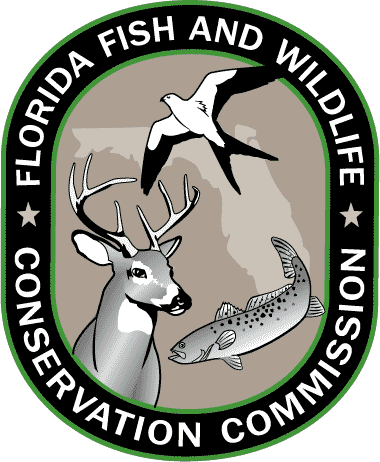Florida FWC Looking for Cause of Pelican Deaths in Brevard

During the past two months, the Florida Fish and Wildlife Conservation Commission (FWC) has received reports of more than 100 dead brown pelicans in Brevard County from Merritt Island to Melbourne. FWC researchers are trying to find out what is killing them.
“The pelicans are emaciated and have heavy parasite counts, and, to our knowledge, other bird species have not been affected,” said Dan Wolf, an FWC researcher.
FWC researchers are assessing specimens and the environment for information that can help identify a potential cause.
Two weeks ago, they sent samples to the National Wildlife Health Center for testing but, so far, there are no definitive answers. Researchers are awaiting results from additional samples sent this week that may determine whether botulism, which is sometimes the cause of die-offs like this, played a role. However, according to Wolf, botulism generally kills its victims quickly, leaving little time for the bird to become emaciated. Citizens should continue to report any dead pelicans online at MyFWC.com/Bird or by calling the FWC’s Wildlife Alert Hotline at 888-404-3922.
For sick or injured birds, contact a local wildlife rehabilitative facility for assistance or call your local FWC office for names of rehabilitators in your area.
Remember to protect yourself when picking up dead birds or other animals by always wearing rubber gloves or inserting your hands in plastic bags. Place the bird in a plastic bag, tie the bag closed and then place it inside a second bag and tie it shut. If you take the dead bird to the landfill, be sure to let employees there know you are disposing of an animal carcass. In some landfills, carcasses are buried immediately to prevent vultures, eagles and other scavengers from feeding on a possibly diseased carcass.

